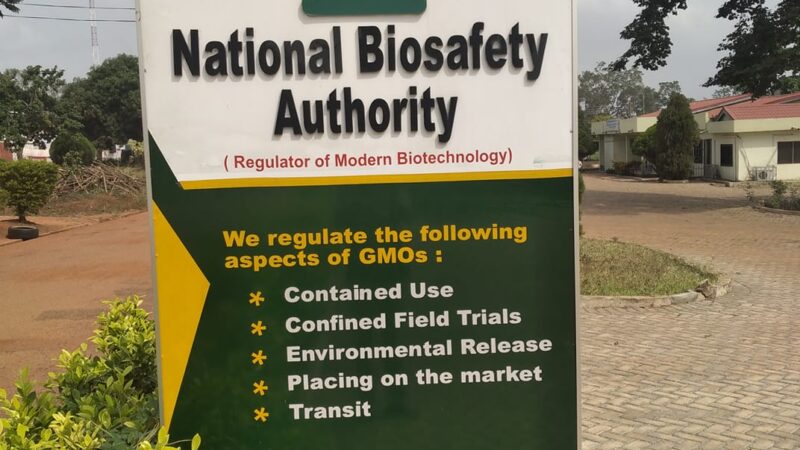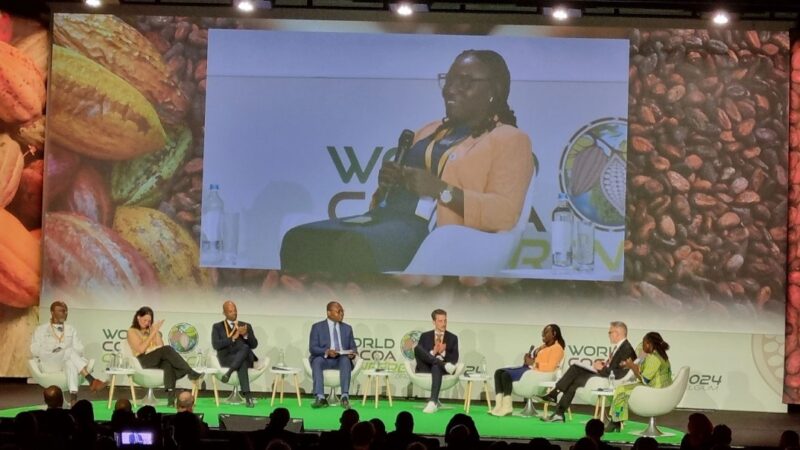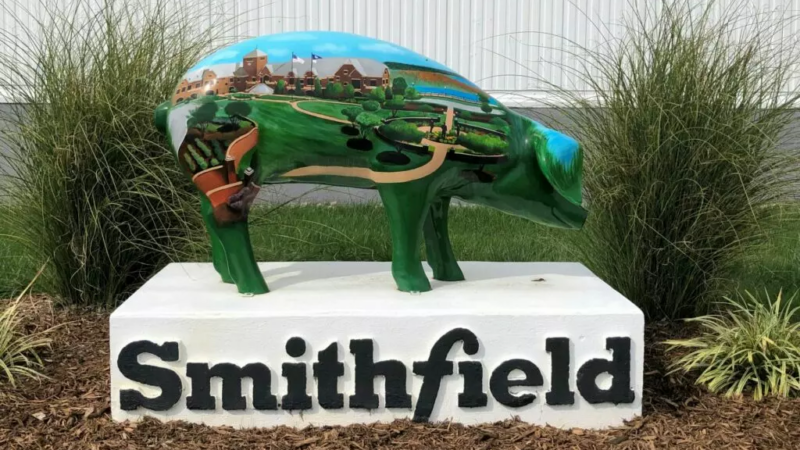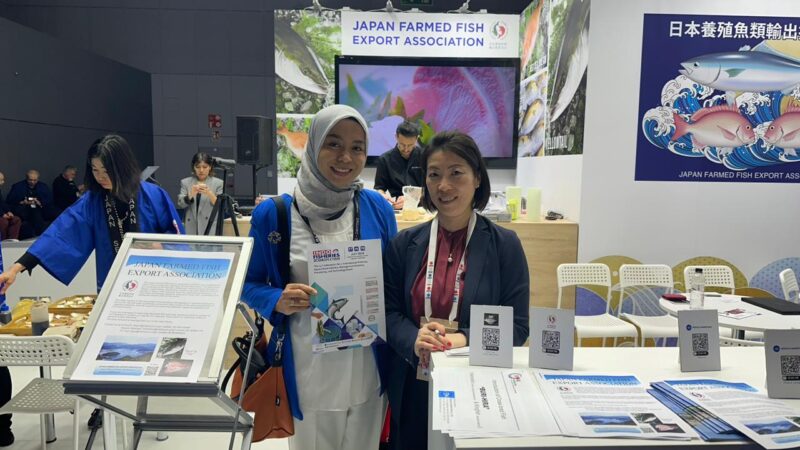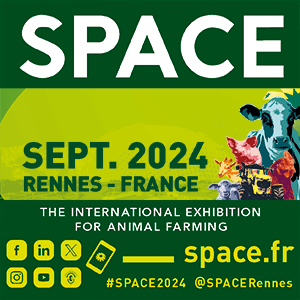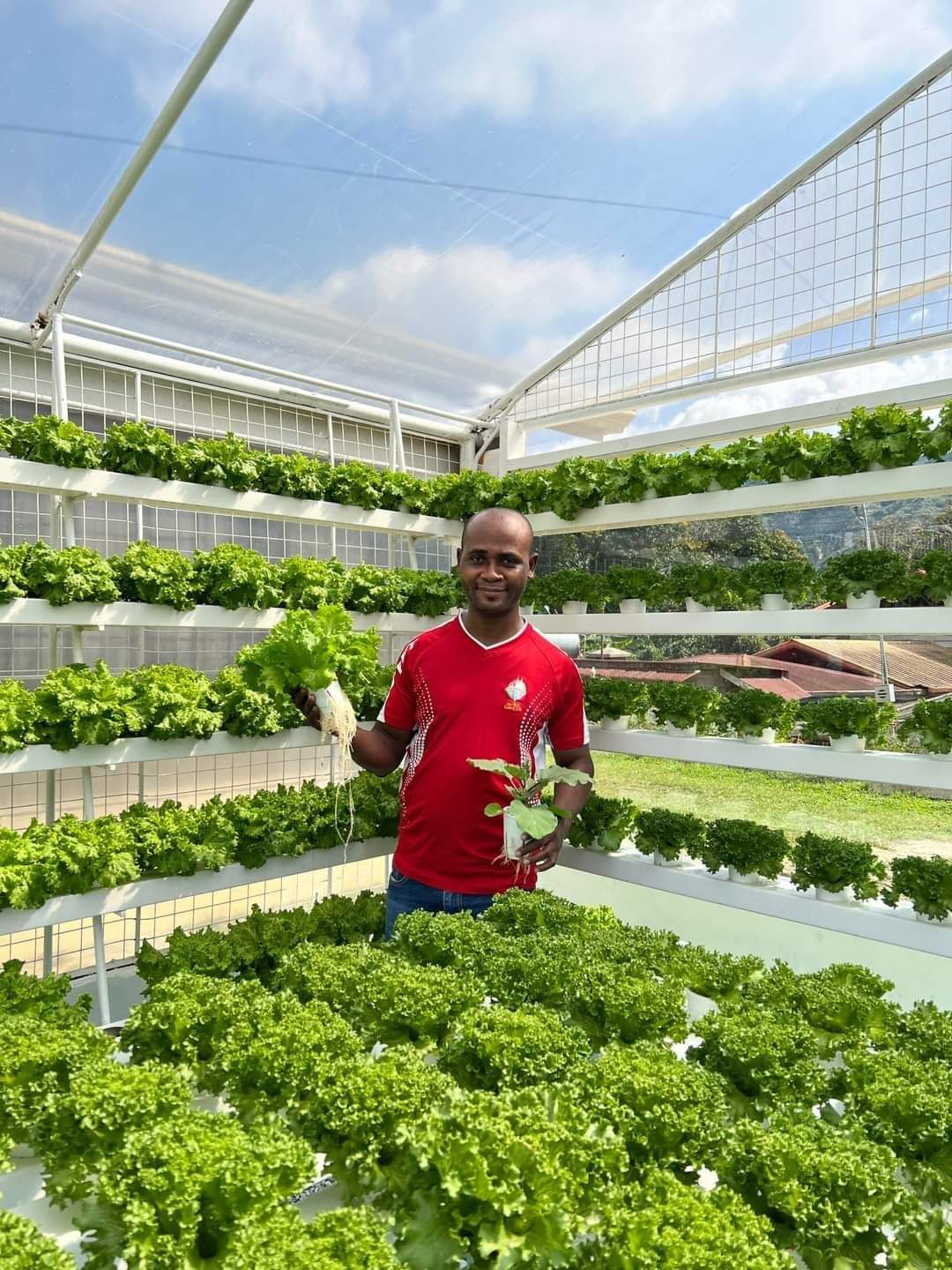
“Inhouse Farming – Feed & Food Show” – New DLG platform for agricultural and food systems of the future – From 12 to 18 November 2023 in Hanover, Germany, at Agritechnica
(DLG). Indoor farming has established itself as a visionary model in the transformation towards more sustainable agriculture. The modern and increasingly vertical greenhouses require a system that combines intelligent controls and sensors. Automation is therefore a topic that is high on the agenda of the “Inhouse Farming – Feed & Food Show”. The new innovation venue of the DLG (German Agricultural Society) will take place for the first time at Agritechnica in Hanover from 12 to 18 November and will present technologies for cultivation in closed agricultural systems that function in closed material cycles detached from external environmental conditions.
From the outside they are the size of a normal shipping container, but inside there is a farm: Thanks to state-of-the-art automation technology, mobile vertical farming solutions such as GreenBox or iFarm deliver fresh and locally grown salads, herbs or root vegetables all year round under all climatic conditions. In this way, they expand the possibilities of crop cultivation and bring food production to densely populated urban areas – and they do this with less water and fertiliser than conventional field cultivation. This also applies to Bustanica. The world’s largest vertical farm, located near Dubai on the Arabian Peninsula, supplies about three tonnes of leafy vegetables per day to a catering company serving more than 100 airlines. For this purpose, the plants are grown in several tiers on top of each other. To monitor growth holistically, many measurement variables must be captured with powerful technology. The key to this is digitalisation.
Sensors for irrigation and nutrient injection
Indoor systems provide a fully controllable environment unaffected by weather, where all desired climate conditions can be continuously monitored and optimised. In order for the closed cultivation systems to realise their full potential, they need automation systems that combine intelligent controls and sensors. These can be found in mid-November at the “Inhouse Farming – Feed & Food Show” in Hanover. With the theme of Controlled Environment Agriculture (CEA), including vertical farms, container farms, aeroponics and aquaculture, the new DLG platform as part of Agritechnica will combine all aspects of indoor farming and link these to the ideas of precision farming. “The focus of interest is increasingly on process control and data acquisition, which are becoming more and more complex in closed cultivation systems,” confirms Marcus Vagt, DLG Division Manager Energy, Inhouse Farming and New Foods.
Hydroponic irrigation
The best example of this is hydroponic irrigation, which requires optimised nutrient management. Both overshooting and undershooting the optimum will lead to damage or total crop failure. Modern control equipment and reliable irrigation solutions ensure that the right amount of water and nutrients is used as effectively as possible at the right time. For this purpose, a sophisticated mix of artificial intelligence (AI), smart sensor technology and innovative robotics will be presented on the trade fair grounds, which will enable the establishment of a comprehensive monitoring infrastructure. Vagt said: “The exhibiting technology providers help to develop the best automation strategy for a vertical farming project – and to find the right technology for it.” A variety of different sensors will be used: Starting with flow meters for water and nutrient dosing, pressure sensors for the water level and conductivity probes for checking the concentration of minerals, to sensors for regulating the pressure of the pumps.
Integrated solutions for automation and operating company
Vertical farming in particular places high demands on automation, as the plants grow in multi-storey metal racks that are up to ten metres high. Each line has a large number of I/O (input/output) signals on the individual floors that must be routed to the control system. Under these conditions, a conventional system design requires considerable programming and integration effort. In contrast, for example the connection of all measuring devices via IO-Link technology is more elegant. Such field modules not only reduce the complexity of process control. They also provide more data from each sensor, reducing the overall need for sensors.
The commissioning of the line from the physical wiring or wireless connection of the sensors to integration and programming becomes much more efficient. Operating companies therefore have the option of linking water management, climate control and energy management of the greenhouse via a central process computer. What’s more: The cultivation processes and systems can be scaled well and future projects can be implemented more easily – shortening the time to commissioning.
Flexibility in plant cultivation
And the latest technologies from supply chain automation also offer enormous flexibility: The systems for handling goods or driverless transport can be optimally configured for the processes and premises of the vertical farming operation as well as for the type and cultivation of the plants. Shuttle systems can move shelving units with growing plates in such a way that the plants’ needs for water, nutrients and light are met around the clock, facilitating germination, observation, care and harvesting. With OrbiPlant, the Fraunhofer Institute for Molecular Biology and Applied Ecology (IME) has developed a vertical plant cultivation system that should make precisely this possible on a large scale in the future.
The pilot facility in Aachen has a 24 square metre cultivation area. In contrast to previous methods, OrbiPlant offers some process-related innovations. For example, an undulating conveyor belt system is used that fixes the plants in place and continuously realigns them in the room.
The rotation forces the plants to constantly realign themselves in the earth’s gravitational field. This orbitropal effect triggers the production of plant hormones that stimulate cell growth. In addition, the line has an aeroponic irrigation system in which the roots hang in the air and are supplied with water and nutrients via a spray mist. Optimal illumination of the plants is ensured throughout the entire cultivation period by modular LED technology, and additional CO2 fertilisation increases the quality and harvest quantity.
Resilience for indoor farming production
Indoor production systems such as OrbiPlant have specific challenges in terms of their technical resilience, resulting from the closed environment combined with high plant densities. For this reason, the scientists at the Fraunhofer IME, together with the Fraunhofer Institute for Production Technology (IPT), also investigated relevant malfunctions in the context of exemplary basil production.
The objective was to derive approaches for establishing a resilient production process. For this purpose, the researchers induced technical and plant-specific incidents on two OrbiPlant lines, which could be clearly detected using suitable sensor technology and real-time recording of the plant data. The resilience approach pursued here goes beyond simple monitoring with error notification and should make an important contribution to securing the supply of high-quality food in the future.
The example shows: The vision of indoor farming can only be realised in an interdisciplinary way with a combination of science and business as well as agriculture and production technology. “With the “Inhouse Farming – Feed & Food Show”, we are offering the industry a new B2B platform that, in addition to presenting pioneering technologies, also serves to build knowledge and facilitate an interactive exchange on best practices”, emphasises Marcus Vagt. From 12 to 18 November, visitors to the trade fair in Hanover will gain an up-to-date overview of production systems for sustainable agriculture and can learn about the challenges of modern crop production

